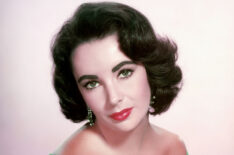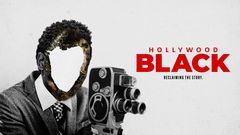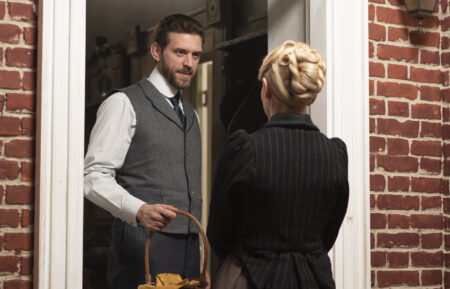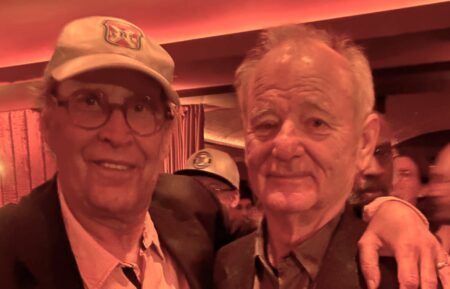Roush Review: ‘Hollywood Black’ Is a Cultural History of Black Cinema From Blackface to ‘Black Panther’
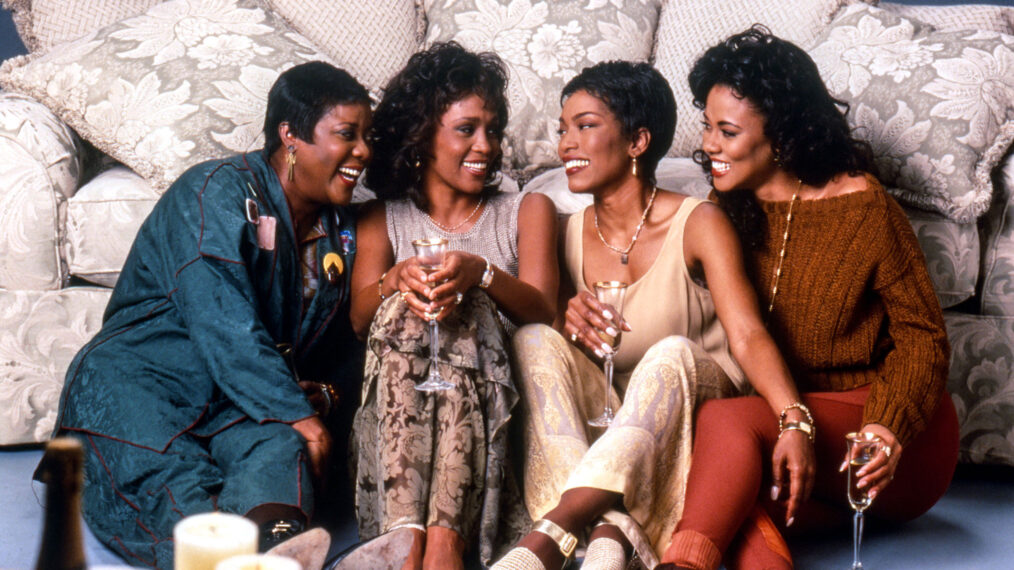
Review
From the indignity of blackface minstrelsy and racist portrayals in the Birth of a Nation silent era to the blockbuster heroism of Black Panther in the Marvel era, the MGM+ docuseries Hollywood Black (inspired by cinema historian Donald Bogle’s book) is an immersive, fascinating and provocative cultural critique. “I want us to get excited about reclaiming our land in the so-called entertainment industry,” says host-director Justin Simien (Dear White People).
He doubles as professor and superfan over four jam-packed episodes of scholarship and opinion. We watch Simien as he screens classic and contemporary clips with filmmakers including Panther’s Ryan Coogler and Selma’s Ava DuVernay, celebrating breakthroughs and lamenting the challenges of meaningful follow-through when Blacks are excluded from the tools of production and distribution. (Example: Halle Berry’s career after her historic 2001 Oscar win for Best Actress in Monster’s Ball.)
No icon is ignored, whether as of-the-moment as Denzel Washington and Viola Davis or as legendary as the groundbreaking legacy of Sidney “They call me Mr. Tibbs” Poitier. “He won an Oscar (for 1963’s Lilies of the Field, the first Black actor to win in the category). He should have won a Nobel Peace Prize,” gushes director Reginald Hudlin, adding, “He transformed how Black people are seen on a global basis.” Attention also is paid to Hattie McDaniel, the first Black performer to win an Oscar, as Mammy in 1939’s problematic Gone with the Wind, a triumph marred by the humiliation that she couldn’t sit with her co-stars because of the ceremony’s segregated, whites-only ballroom.
The series traces the arc of Black movies, evolving from a time when glamorous singer-actress Lena Horne’s scenes were cut for Southern audiences in the 1940s, and she was passed over as the mixed-race Julie in MGM’s 1951 remake of Show Boat in favor of the decidedly non-biracial Ava Gardner. “It’s easier to put makeup on someone than to actually let them be in their skin,” muses Wicked star Cynthia Erivo. By the 1970s, Pam Grier gained fame as an action hero, touted for being “larger than life at a time when Black women were being deemed invisible,” says Lena Waithe.
The series brings context to popular genres including 1970s’ blaxploitation, hip-hop influenced “hood movies” and hit films targeting a female audience, epitomized by 1995’s all-star Waiting to Exhale. In honoring filmmaker Spike Lee‘s body of work, Simien describes Lee’s Do the Right Thing as “the first time that I really make the connection that cinema is our legacy.”
He adds to that rich history with this scintillating survey.
Hollywood Black, Documentary Series Premiere, Sunday, August 11, 10/9c, MGM+

